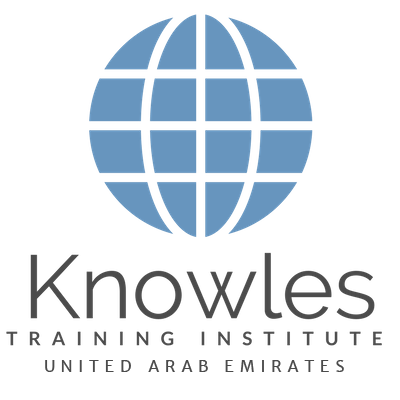Information Governance and Compliance Essentials Training Course in Dubai

In today’s digital and highly regulated world, effective information governance (IG) is critical to organizational integrity, compliance, and decision-making. The Information Governance and Compliance Essentials Training Course in Dubai equips professionals with the foundational knowledge and tools to manage information assets responsibly, reduce risk, and ensure regulatory compliance across physical and digital environments.
This course explores the principles and practices of IG, focusing on data protection, records management, policy enforcement, and legal compliance. Participants will gain practical strategies to implement governance frameworks that align with business objectives, uphold stakeholder trust, and meet global legal and regulatory standards.
Module 1: Introduction to Information Governance (IG)
- What is information governance and why it matters
- Key drivers: compliance, risk, security, and transparency
- Components of an effective IG framework
- Differentiating IG from records management and IT governance
Module 2: Information Governance Frameworks and Models
- Overview of global IG models and standards (e.g., ARMA, ISO 30301, COBIT)
- Building blocks: policies, roles, processes, and technology
- Aligning IG with organizational strategy
- Maturity models for IG program development
Module 3: Regulatory and Legal Compliance Landscape
- Understanding key compliance laws: GDPR, UAE data law, HIPAA, SOX
- Sector-specific regulations and information obligations
- Consequences of non-compliance and enforcement actions
- The role of IG in meeting legal requirements
Module 4: Records and Information Management in IG
- Integrating records management into IG strategies
- Records lifecycle and retention requirements
- Classification, storage, and secure disposal
- Ensuring record authenticity and integrity
Module 5: Data Privacy and Protection Fundamentals
- Personal data vs. sensitive information
- Data subject rights and organizational responsibilities
- Privacy impact assessments and consent management
- Cross-border data transfer considerations
Module 6: Developing Information Governance Policies
- Components of effective IG and compliance policies
- Policy drafting, approval, and communication
- Standard operating procedures for information use
- Creating policy enforcement mechanisms
Module 7: Roles and Responsibilities in IG
- Governance structures: committees, owners, stewards
- Responsibilities of compliance officers, IT, and HR
- Defining accountability and decision-making authority
- Building a culture of compliance
Module 8: Information Security in Governance Programs
- Principles of confidentiality, integrity, and availability (CIA)
- Access controls, encryption, and cybersecurity measures
- Threat detection and breach response
- Coordinating IG with information security programs
Module 9: Managing Digital Information Assets
- Classification of structured and unstructured data
- Cloud computing, mobile access, and digital collaboration tools
- Metadata management and tagging standards
- Lifecycle management of electronic content
Module 10: Monitoring, Auditing, and Reporting
- Conducting compliance audits and self-assessments
- Tracking IG metrics and KPIs
- Internal reporting structures and dashboards
- Responding to external audits and investigations
Module 11: Data Governance and Information Quality
- Relationship between data governance and IG
- Ensuring accuracy, consistency, and relevance of data
- Data stewardship and ownership models
- Master data and metadata governance
Module 12: Legal Hold and Litigation Readiness
- Managing eDiscovery and legal holds
- Identifying and preserving relevant information
- Documentation for litigation defense
- Coordinating with legal and IT teams
Module 13: Risk Management in Information Governance
- Identifying information-related risks
- Risk mitigation and treatment planning
- Using risk registers and controls
- Aligning IG with enterprise risk management (ERM)
Module 14: Training, Awareness, and Change Management
- Designing IG training and communication programs
- Increasing user awareness of compliance responsibilities
- Managing resistance to governance initiatives
- Sustaining governance culture over time
Module 15: Information Governance Technologies and Tools
- Overview of IG software and platforms
- Data loss prevention (DLP), data mapping, and analytics tools
- Integration with records, compliance, and security systems
- Selecting and implementing the right technologies
Module 16: Capstone Project – Designing an IG and Compliance Framework
- Developing an IG and compliance strategy for a real or simulated organization
- Defining goals, policies, roles, and monitoring methods
- Presenting the framework to peers and facilitators
- Receiving feedback and finalizing implementation roadmap


